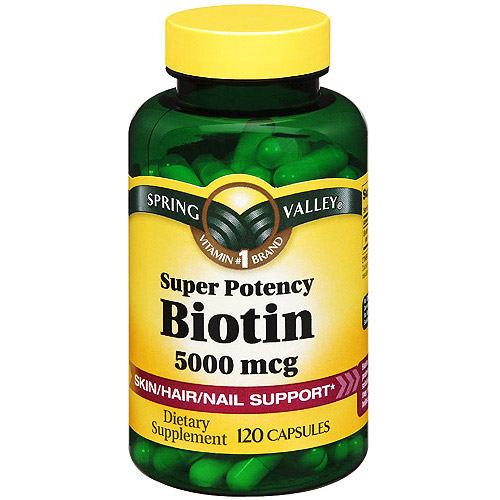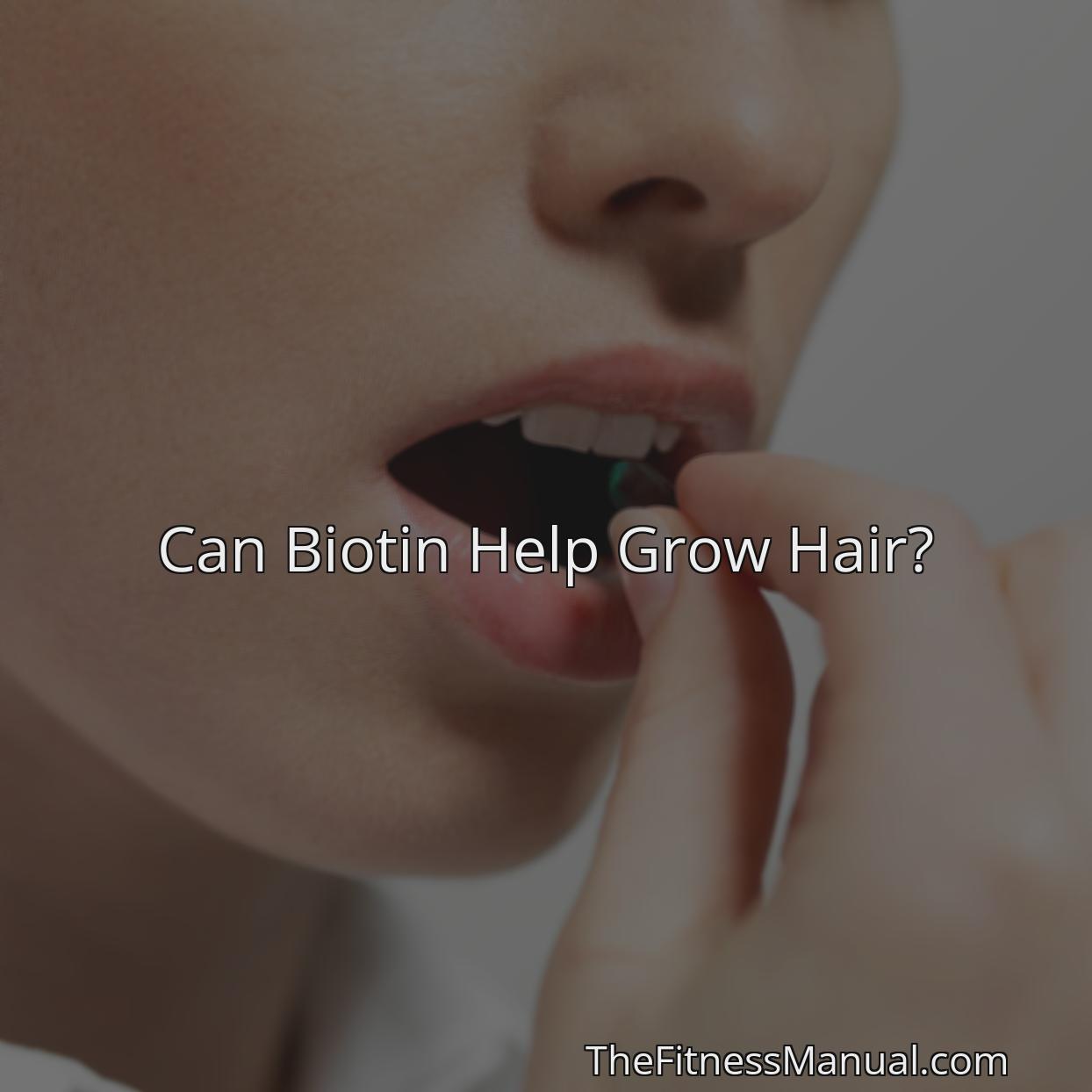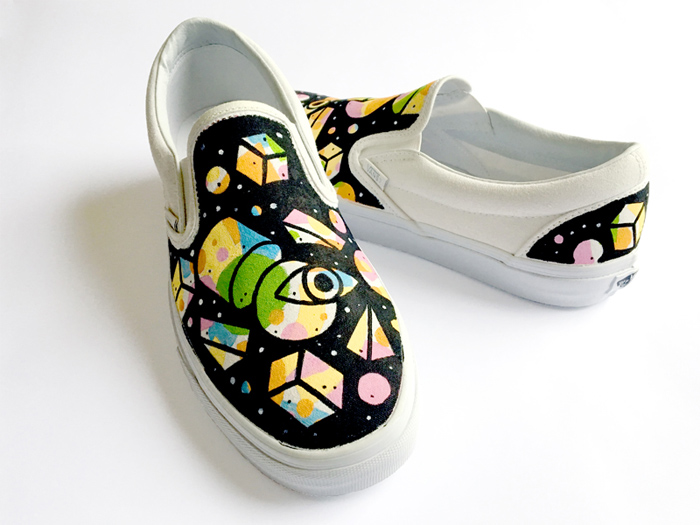Table Of Content

Strawberries, blueberries, raspberries, and blackberries are all loaded with antioxidants, like vitamin C, that protect cells from damage. They can also boost collagen production, promoting healthy skin, joints, and hair. Just one cup of strawberries contains 97.6 mg of vitamin C, up to 113% of the daily requirement. Here is what you need to know about biotin, its relationship to healthy hair, and possible side effects. Most people get enough biotin from their diets, and they do not need supplements. For this reason, there is no recommended daily allowance for biotin.

The role of vitamins and minerals in hair health: Essential nutrients for strong and healthy hair
With that said, it’s always a good idea to eat a balanced, healthy diet of nonprocessed or minimally processed foods for your optimal health. However, excessive biotin intake may lead to potential side effects mentioned earlier. Some individuals may choose to incorporate both biotin and collagen into their hair care routine for optimal results. However, it is important to consult with a healthcare professional before making any significant changes to your supplement routine. Strengthen your hair follicles, increase thickness, and enhance overall hair health. While biotin is generally safe for most people, it is essential to be aware of the potential concerns regarding a biotin overdose.
Internet and Social Media Claims about Biotin Supplements
11 Best Hair Growth Vitamins And Supplements (2024) – Forbes Health - Forbes
11 Best Hair Growth Vitamins And Supplements ( – Forbes Health.
Posted: Fri, 05 Jan 2024 08:00:00 GMT [source]
An essential nutrient is one that your body can't produce or can't produce enough of and needs to function correctly. The FDA reported an increase in adverse effects due to falsely high or low results. A high concentration of biotin in samples can compromise diagnostic tests in which biotin is a key component. The AI for biotin is 30 mcg for adults and 35 mcg for women who breastfeed (2).
Get the latest in health news delivered to your inbox!
If you plan to take a supplement with biotin, let your doctor know before having any blood tests done since the vitamin can interfere with certain lab test results. Biotin supplements are generally safe to take, but they can interfere with certain lab results. Thus, keep your healthcare provider in the loop of any supplements you take that may contain this vitamin. People at risk for biotin deficiency include people with BTD, chronic alcohol use, malnutrition, and IBD. Those who are pregnant and lactating as well as those who take certain medications are also at an increased risk. You can easily meet these recommendations by enjoying a balanced diet.
Plus, get a FREE copy of the Best Diets for Cognitive Fitness.
In most cases, biotin deficiencies are not the cause of hair loss, but they may be a contributing factor. However, human trials have not supported the efficacy of many of these remedies for this purpose. The FDA has warned that biotin might interfere with certain laboratory tests. It stated that samples from people who had consumed high levels of biotin through supplements could provide “clinically significant incorrect” laboratory results. Although some studies have suggested links between biotin deficiencies and alopecia, further analysis has not found conclusive proof of benefit among healthy individuals. Many foods — including egg yolks, nuts, and legumes — contain small amounts of biotin.

If you’re a glass-half-full kinda person, you hear the words “might not work” and cling to the word “might,” in which case you’ll probably give biotin a try anyway. But there are a few potential side effects of taking biotin that you should know about first. Biotin can also have an interaction with other medications, such as anticonvulsants, which can decrease the levels of biotin in your body. Long-term antibiotic use may also negatively impact the biotin levels in your gut. It's important to consult your doctor before taking a biotin supplement to determine what dosage is best for you.
Dove Derma Care Scalp Dryness & Itch Relief Anti Dandruff Shampoo
Biotin is a popular vitamin supplement often marketed for its ability to grow healthy hair, skin, and nails. However, there is limited research on the relationship between biotin and hair. And, of the limited studies, most indicate biotin only thickens and lengthens hair if you have a biotin deficiency. However, according to an analysis of available studies, there have not been any clinical trials to support the use of biotin supplementation to improve hair health, except in people born with deficiencies.
Recommended dosage
Talk with your healthcare provider about stopping it before getting your labs done. In a different study, researchers found that children who experienced improved hair growth or quality after taking biotin supplements all had an underlying condition that caused a biotin deficiency (3). While there is no specific recommended dosage for thinning hair, higher doses of biotin, such as 5000 mcg or more, are commonly taken by individuals looking to promote hair growth. While the recommended daily intake of biotin is typically between 30 to 100 micrograms (mcg), higher doses are often taken by individuals seeking specific hair growth benefits.
How we vet brands and products
Beyond this, there’s no evidence to support that biotin supplements promote hair growth. It’s true that many shampoo brands utilize biotin in their formulas as a way to combat hair loss. However, similar to the research around biotin supplements, the data to support hair growth from biotin-infused shampoo is limited. But there’s no harm really in giving this kind of shampoo a try if you want your hair to feel fuller — but don’t expect a magical regrowth of hair. A study on the use of biotin for women’s hair loss found that 38% of the women complaining of hair loss had a biotin deficiency. In this 38%, beneficial results were seen from using biotin supplements, with these women achieving stronger and thicker hair following an increased biotin intake (Trueb, 2016).
It’s found in foods such as organ meats (like liver or kidney), eggs, almonds, soy beans, peanuts, wholegrain cereals, brewer’s yeast, and vegetables. Legumes high in protein, fibre, and minerals include peas, beans, and lentils. Peanuts and soybeans are two of the category’s highest sources of biotin. Legumes are usually cooked and then added to baked dishes or stir-fries, or they can be the foundation of salads, meals, and curries. Eggs are a great source of protein, iron, phosphorus, and vitamin B. Eggs should always be fully boiled to reduce the danger of salmonella contamination and to improve absorption of biotin.
Those who are pregnant and breastfeeding can also develop low biotin levels despite normal dietary intake of the vitamin. This may be due to increased use of the vitamin, impaired absorption, or both (10). When there isn’t enough data to set an RDA for a nutrient, which is the case with biotin, the board instead sets an adequate intake (AI). This is the nutrient level assumed to be adequate for most people (7).
It is important to consult with your doctor in the early stages of hair loss so that appropriate interventions can be applied. Bell peppers are chock full of vitamins C and A and biotin, essential for keeping hair healthy. Bell peppers come in various colors, including red, yellow, green, and orange. Nuts and seeds are rich in vitamin E, vitamin B, zinc, and healthy fats. Just one ounce (23 almonds) provides 7.3 milligrams of vitamin E, 48% of your daily requirement.
“For example, premenopausal women who bleed excessively may be losing iron, and anemia causes hair loss,” Dr. Bergfeld explains. Cases of inaccurate diagnostic test results have been linked to biotin supplement consumption. But finding the right formula isn't a matter of simply choosing a product off the shelf and hoping that it works. Welcome to Ask a Derm, a series from SELF in which board-certified dermatologists answer your pressing questions about skin, hair, and nail health. For the first installment, we tapped Susan C. Taylor, MD, the Bernett L. Johnson Jr. Endowed Professor of Dermatology and the vice chair for diversity, equity, and inclusion for the department of dermatology at the University of Pennsylvania’s Perelman School of Medicine.























